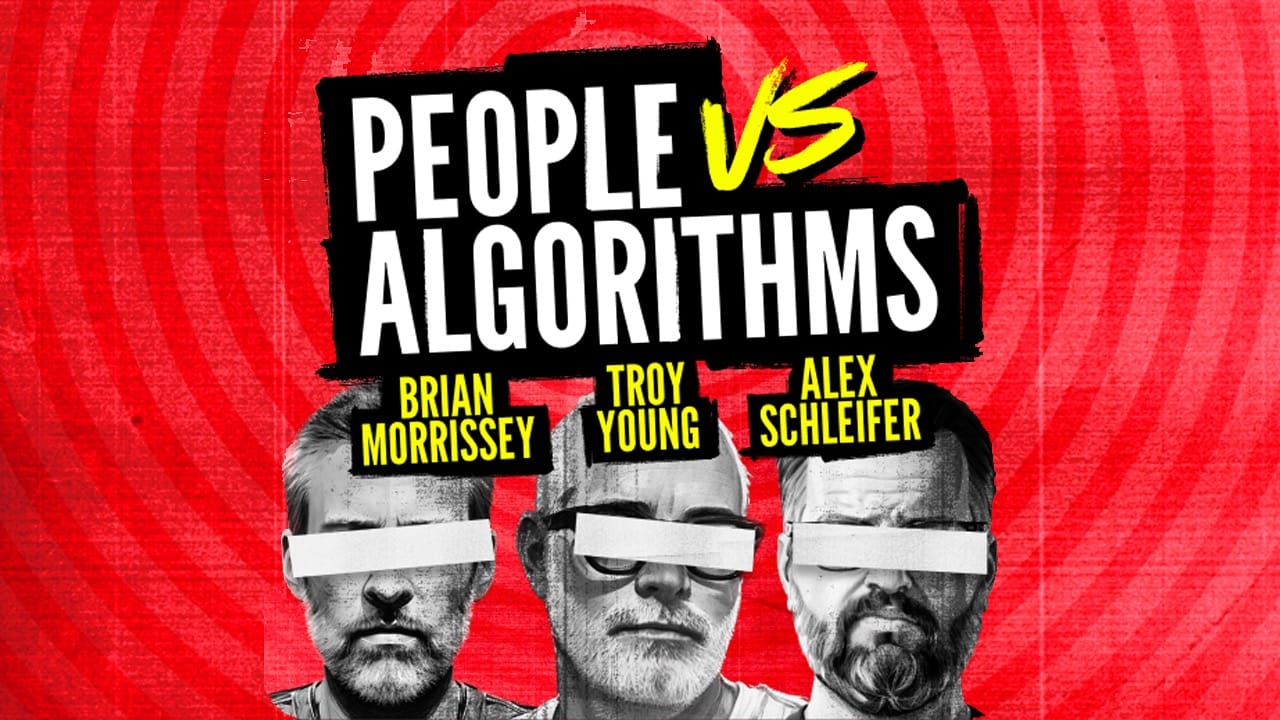Sustainable news
A surprising amount of optimism mixed with the reality of a more-with less era
In today's newsletter:
- The Rebooting’s latest research report, The State of Sustainable News Businesses, found a surprising amount of optimism mixed with the reality of a more-with less era. Download the report.
- PvA talking points: The declining power of political ad spending, trust in journalism navel-gazing, AI resetting information retrieval function, and YouTube tech reviewer MKBHD’s dud of a product as a sign of the downsides of using media attention for product distribution.
- For members: The tricky balance of tension in media businesses. The essential tension, in any creative enterprise, is between craft and quality and scale and profitability.
Upgrade to TRB Pro for $200 annually for full access to all TRB content, invites to events and preferred access to private dinners and more. I want to continue to expand the TRB membership program to add more value. We have events like live podcasts we’re starting to line up, and I’m exploring community options that aren’t a Slack channel because the world doesn’t need to spend more time on Slack.
The state of sustainable news businesses
In July, during a House Judiciary Committee hearing about the alleged advertiser collusion with the Global Alliance for Responsible Media, then-GroupM CEO Christian Juhl put a number on the dilemma facing news publishers: 1.28% of brand advertising spending goes to digital news publishers.
In Juhl’s telling, this arises from common sense decisions to avoid divisive content and the simple fact that to reach these same audiences, clients can easily choose other options like sports and entertainment. Or feeding money into targeted ads on platforms, retail media, and so on.
To understand better the current state of news publishers, The Rebooting in partnership with Outbrain surveyed nearly 100 news publishers. We screened publishers based on their core business being “journalistic content,” rather than lifestyle or entertainment. What we found was that, while publishers continue to struggle with traffic loss, advertiser avoidance of news and keyword blocklists, many publishers have an optimistic view of their businesses.
Over half said their news businesses were profitable, and 80% expected expanded profits next year and 83% expressed confidence in their businesses. I should caution that our survey was self-selected, so there will inevitably be greater variance in the results.
This is noteworthy since much doom and gloom envelops news businesses. Yet The Free Press has climbed to a $100 million valuation – yes, I know it’s just a valuation – in under four years from when Bari Weiss launched her Substack newsletter in January 2021. Many parts of the news industry are struggling, without a doubt, but many smaller and alternative models are thriving.
Some other noteworthy takeaways:
- Subscriptions were identified as the most promising business opportunity
- Respondents see efficiency as the biggest upside to AI.
- Respondents do not expect the presidential election to have a major impact on their businesses.
- Nearly a third of respondents said they are blocking AI crawlers
Thanks to Outbrain for supporting this research.

On last week’s People vs Algorithm, Troy Young and I broke down the Google antitrust case and whether ad tech is fundamentally “parasitic.” Troy has an interesting viewpoint on this from a publisher perspective. It’s one that resonates with a lot of my conversations over the years. That’s because the intermediaries are typically aligned with the buy side. That’s where the money is, after all. That feeds a strange, almost adversarial relationship between publishers and their “partners.” The Google antitrust case is showing just how deeply embedded some of these adversarial tactics are within the ad tech industrial complex. I got a note from an exec at a publisher-friendly ad tech company about how much this resonated. My belief is we’ll see more power swing back to high-quality publishers.
Some topics for our next episode, which will be available tomorrow morning:
- Kamala Harris is vastly outspending Donald Trump on advertising. Will it matter? The Wanamaker 50% of ad spending is wasted rule is more like 75% in politics, where the consultants always win. Trump has hacked the Information Space with his ability to get attention through spectacle for free. Why pay for the commercials when you can star in the show?
- Does journalism have a trust problem? The Olivia Nuzzi-RFK Jr. sexting scandal has become more fodder for navel-gazing about trust in journalism. I’m in the camp that sees this erosion as part of a broader trend of lower trust in institutions of all kinds. Transparency is the most potent tool to gain trust.
- Can AI really make us smarter? Google’s NotebookLLM can now create custom podcast discussions based off documents you feed it. These types of products will likely retrain customer expectations around information retrieval. How we have used the web until now will feel very antiquated soon. How can publishers adapt to meet those expectations?
- The limitations of influence. Popular YouTube gadget reviewer MKBHD released a wallpaper app this week that ignited accusations of grift and a chorus of criticism. The playbook of parlaying influence into distribution for owned products is well know. Time and again, however, those products have been substandard. Is it time to recognize that building a big following and garnering attention doesn’t mean you can make a good product?
You can watch PvA now on YouTube and get the podcast on Apple | Spotify | other podcast platforms
Healthy tensions
Media businesses are filled with tensions.
There’s a tension between user experience and monetization. In news businesses there is tension between the mission and making money. There is always tension between sales and editorial. There's tension between constantly trying new things in a chaotic landscape and sticking to your strengths and focus.
Done right, those tensions can be an asset. Done wrong, you get a mess.




